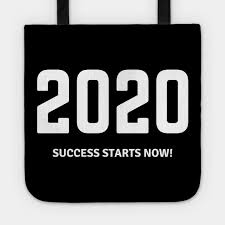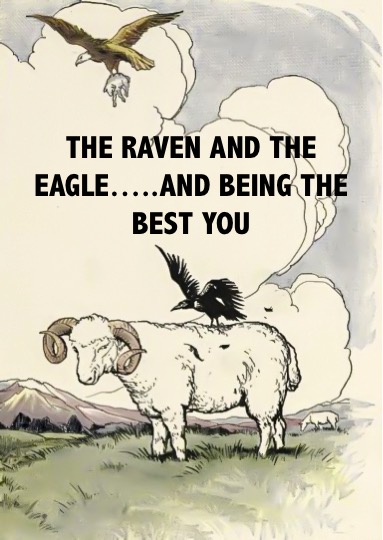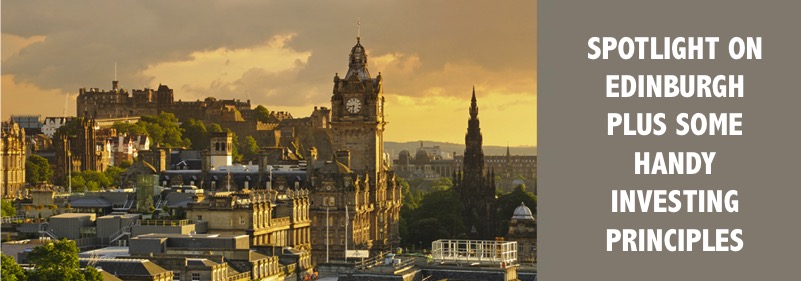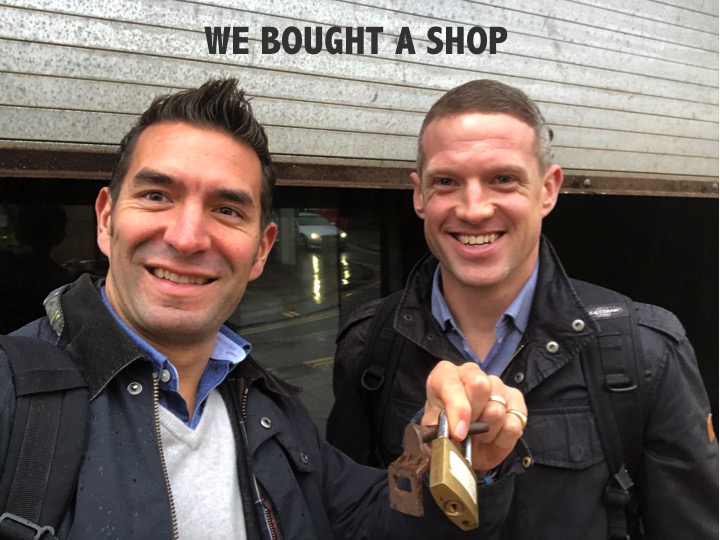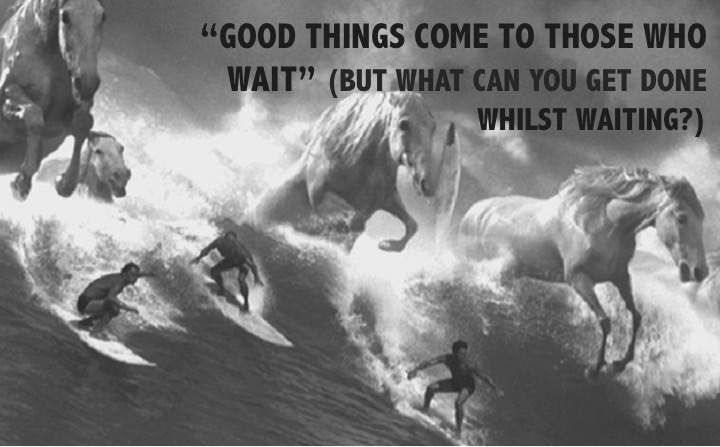The final few days of the year and the first week of the new year offer us the time to pause for reflection and design, with intention. I hope you look back on your 2019 and acknowledge all of the incremental progress that has been made on your journey in property investing. It is important to think about the past year intelligently because past performance is the best predictor of the future.
This is a short post that is becoming a mini tradition for me to share at this time of year – and it contains absolute gold for you if you choose to invest the time to work through the following 6 sections to answer questions for yourself and your own last 12 months in property.
This intelligent reflection forms the most important part of the year end review and planning process. In my questionable opinion it’s essential to punctuate this time of year with such a process. I am starting this exercise myself now and it forms part of the overall review and goal setting process that I invest significant time in over the first couple of weeks of each year. I will follow this up with my summaries on the goal setting process next week.
Happy New Year when it comes, and wishing you health, wealth and happiness in 2020 and for the decade ahead!
PART 1
*What are my personal current strengths?
*What are the business’ current strengths?
*What were your biggest accomplishments this last year?
*What marketing or business development won this year?
*What was the best thing your property business created for you?
*What was the most extraordinary value or customer experience that you created? (who did we really move the dial for?)
PART 2
*What were the most important lessons learned?
*What were your weak points, what do you need to improve?
*Are there any threats to your business or market?
*Any missed opportunities?
*What are the current weaknesses of your business?
*Were there any ways to improve customer service in the last year?
PART 3
*Specific metrics for your business this last year (what was it you were focussing on? What were you trying to grow? What were the conversion rates you were trying to improve?)
*Products/services sold in 2019?
*2019 gross revenue?
*2019 Expenses?
*Split into 3 categories- what percentages were:
Marketing _
Operations _
Income/Salaries/dividends _
*2019 net profit
PART 4 (need to compare year on year, power of measurement)
On a scale of 1-10, how would you rate your:
*Lead Gen –
*Lead conversion –
*Customer fulfilment (following through on the promise)-
*Human resources (are they the best people in their roles)-
*Financial Systems (how clear on numbers month on month)-
*Market research –
*Satisfaction of the people in the business –
*Satisfaction with your work life balance –
PART 5
– Write a letter to yourself (having reflected on each section). Write it as if you’ve gone back in time and are writing the letter on 1st Jan 2019 explaining the bumps, scrapes, wisdom to come. This works on the idea of reconciling expectations from a year ago with where you really are today.
PART 6
What single word would put a name to 2019?



